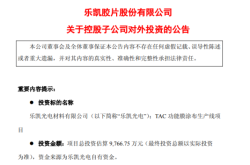"Pocket Mobile" Healthcare Development is Gaining Momentum, Alleima Medical Empowers and Boosts Its Growth
![]() 06/26 2024
06/26 2024
![]() 860
860
In today's rapidly developing information technology era, mobile healthcare has broken the traditional healthcare industry pattern with its unique advantages, creating a more convenient and efficient work and life model for patients and medical staff. The rapid development of powerful technologies such as mobile devices, applications, wearable devices, and digital platforms has driven exponential growth in the medical market and a new round of upgrades in this field, making the new concept of "pocket healthcare" a hot spot in industry development. Recently, Alleima Medical, a leading global manufacturer of specialty stainless steel alloys, medical wires, and components, conducted an in-depth analysis of the most cutting-edge mobile healthcare technology applications, market trends, and development prospects. It further explored how its precision wires and components can precisely empower the mobile healthcare field.

Application of Mobile Healthcare Technology
The international healthcare membership organization HIMSS defines mobile healthcare technology as "mHealth," which provides medical services and information through the use of mobile communication technologies such as PDAs, mobile phones, and satellite communication. Specifically in the mobile internet field, it is mainly based on mobile terminal system healthcare applications such as Android and iOS.
Alleima Medical believes that the key factor driving the rapid growth of mobile healthcare in recent years stems from the urgent need to further reduce medical costs, including reducing the cost of patient readmission, reducing treatment, consultation costs, reducing repeated examinations, disease prevention costs, and reducing labor and technology investment costs in the medical industry. The application of mobile healthcare technology not only helps improve the quality of medical services and reduce medical costs but also provides better health guidance and care effects for patients. Especially in the case of a shortage of medical human resources, mobile healthcare can address issues such as uneven distribution of medical resources in developing countries.
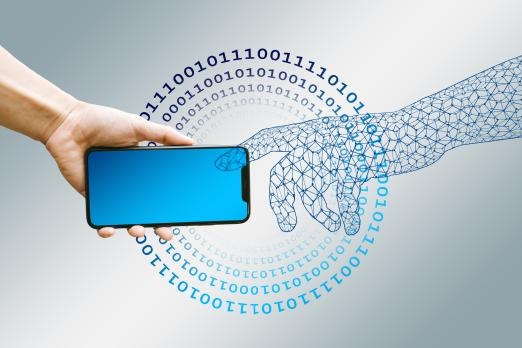
Currently, the global population's mobile phone ownership rate is as high as 85%, providing an unprecedented broad platform for healthcare interventions. Leveraging the tremendous influence of the mobile phone platform, mobile healthcare provides users with readily accessible health information, diagnosis, and services, comprehensively enhancing the diagnosis and treatment experience and quality of life during rehabilitation for patients worldwide. In this regard, Alleima Medical believes that through mobile applications and wearable devices, patients can achieve self-monitoring of vital signs, track health goals, and even manage chronic diseases more comprehensively. This will not only increase patient engagement but also contribute to early disease detection and prevention, significantly reducing the burden and pressure on the healthcare system.
Growth of the Wearable Devices and Remote Monitoring Market
According to GlobalData's related Internet of Things (IoT) thematic research report, wearable devices are playing an increasingly important role in the medical and healthcare fields due to the acceleration of global population aging, the growth of remote patient care needs, and the expansion of hospital IoT technology applications. According to relevant statistics, the market value of wearable technology approached $27 billion in 2019 and is expected to grow at a rate of 24.6% annually from 2020 to 2024, potentially reaching $156 billion.
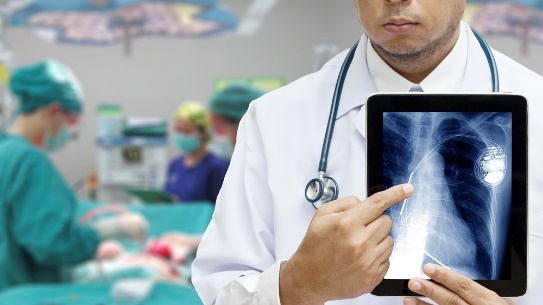
Smartwatches and fitness trackers can monitor heart rate, sleep patterns, and physical activity, providing users with valuable advice and information related to their personal health status. These data are not only valuable for personal health management but also help medical staff make more appropriate professional decisions based on patients' conditions.
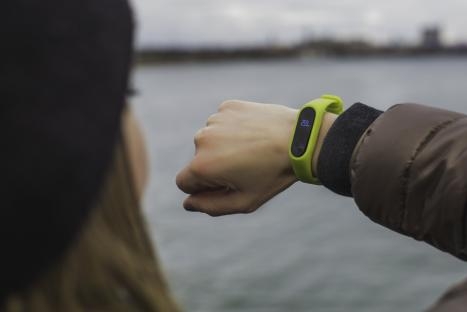
Development of Personalized Health Applications
Relevant personnel from Alleima Medical believe that the progress of mobile healthcare has also promoted the development of personalized health applications. These applications can be set up based on individual health data, preferences, and goals, providing tailored health guidance and advice. This fine-grained customization ensures that healthcare interventions are more precise and effective, meeting the individualized needs of each patient.
Moreover, mobile applications are also suitable for implantable devices such as continuous glucose monitors (CGM) and implantable cardioverter-defibrillators (ICD). These applications can not only issue emergency warnings when a patient's vital signs exceed healthy thresholds but also help patients better manage their health status and lifestyle.
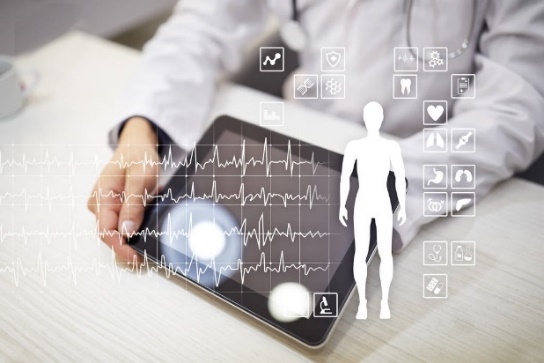
How to Promote "Pocket Medical" Technological Innovation?
In this regard, Alleima Medical, an expert in the global precision medical wire and component field, expressed its views. They believe that the innovation of mobile healthcare technology cannot be separated from the support of precise sensing transmission and various signal data, and precision medical wires and components are the core of achieving this key technological innovation. Such core components can be used in medical thermocouples, continuous glucose monitors, heart rate monitors, etc., especially playing a crucial role in remote patient monitoring and mobile medical devices.
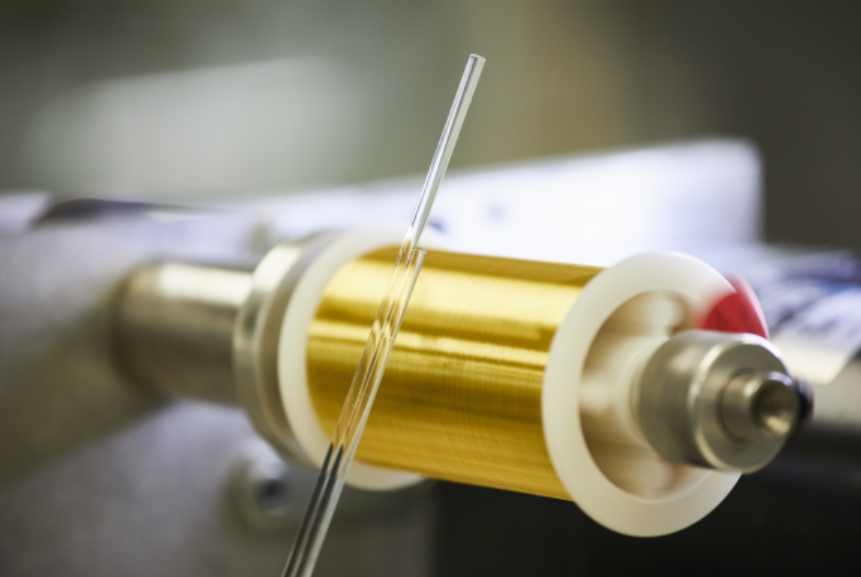
A relevant person in charge at Alleima Medical said, "With a century of metallurgical and medical component process development experience, we are proud to be a leader in the field of medical wire and tube and customized component research and design. We can provide over 200 medical alloys and help customers select the most suitable materials and configurations based on their terminal medical application needs. Currently, the various medical solutions we provide have been successfully applied in complex medical scenarios such as cardiovascular treatment, neuromodulation, and telemedicine monitoring. Looking ahead to future device innovation, we have a long way to go, but we will continue to explore and strive for excellence."
It is reported that the customized components provided by Alleima Medical play a crucial role in remote monitoring devices such as continuous glucose monitors, heart and brain pacemakers, and pulse oximeters. For this reason, Alleima Medical has not only won widespread praise from global device customers but is also helping more and more medical institutions and patients experience the benefits brought by the technological innovation of "pocket" mobile healthcare.






